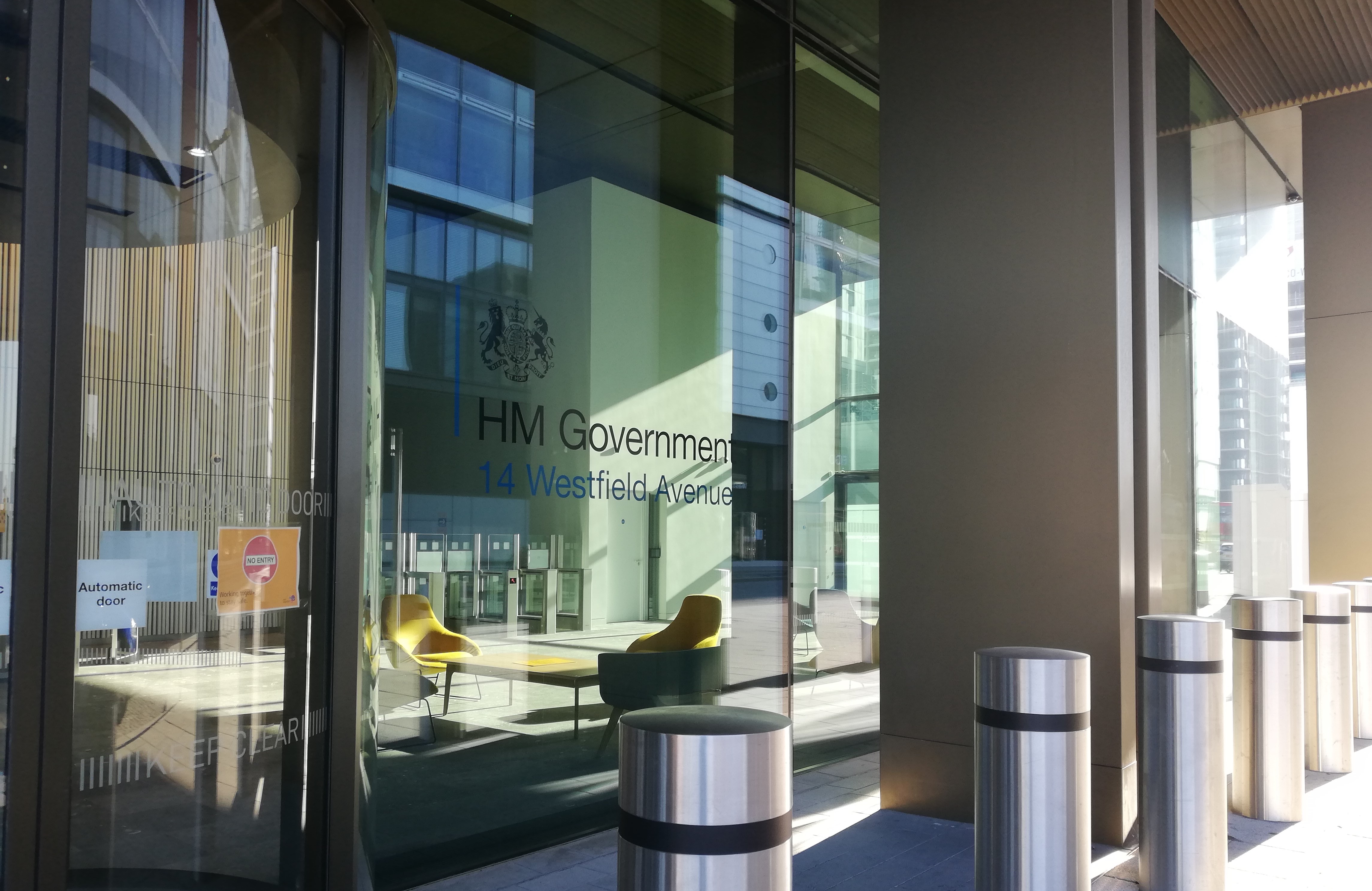The UK government has introduced a new corporate criminal offence under the Economic Crime and Corporate Transparency Act, set to take effect this year. This legislation holds large organisations accountable if they fail to prevent fraud committed by employees, agents or subsidiaries acting on their behalf. The offence applies to businesses that meet specific size criteria based on number of employees, turnover and assets. If fraud occurs within an organisation and benefits the company, it can be prosecuted unless it can demonstrate reasonable fraud prevention measures were in place.
This law aims to reshape corporate culture, encouraging businesses to proactively combat fraud, rather than merely reacting to incidents. With fraud remaining a significant issue in England and Wales, this offence is a step forward in strengthening corporate accountability and protecting victims.
Fraud is not just a financial crime, it’s also a systemic risk that threatens businesses, economies and society at large. In an era where digital transactions dominate and regulatory scrutiny intensifies, organisations must take a proactive stance in managing fraud risks. Effective enterprise risk management is the cornerstone of this approach, ensuring businesses remain resilient against financial crime while fostering trust among stakeholders. According to recent reports, fraud costs the global economy trillions of dollars annually.
From procurement fraud to cyber crime, organisations face an evolving landscape of threats that demand sophisticated risk management strategies. The financial and reputational damage caused by fraud can be devastating, leading to regulatory penalties, loss of investor confidence, and operational disruptions. As governments and regulators worldwide tighten compliance requirements, it is imperative that organisations integrate robust fraud prevention measures into their risk frameworks.
ERM is not just about compliance, it’s about strategic foresight. A well-structured ERM framework enables organisations to identify vulnerabilities, assess risks and implement controls that mitigate fraud before it occurs. By embedding ERM into corporate culture, organisations can create a fraud-resistant environment that safeguards assets and enhances long-term sustainability.
Having qualified professionals in place is essential to meeting regulatory requirements and ensuring fraud prevention strategies are executed effectively. Certified risk managers bring expertise in fraud detection, compliance and strategic risk mitigation, making them invaluable assets.
The IRM champions the development of risk professionals through internationally recognised qualifications and training programmes. By investing in skilled personnel, businesses can strengthen their fraud prevention capabilities and foster a culture of accountability.
Fraud prevention is not just a regulatory obligation; it’s also a corporate responsibility. Organisations must take ownership of their risk management strategies, ensuring they are proactive, adaptive and resilient. This means fostering a culture of integrity, equipping employees with the right tools, and collaborating with industry experts to stay ahead of trends. I urge businesses to prioritise ERM as a fundamental pillar of their operations. The cost of inaction is far greater than the investment in prevention.
Printed Copy:
Would you also like to receive CIR Magazine in print?
Data Use:
We will also send you our free daily email newsletters and other relevant communications, which you can opt out of at any time. Thank you.











YOU MIGHT ALSO LIKE